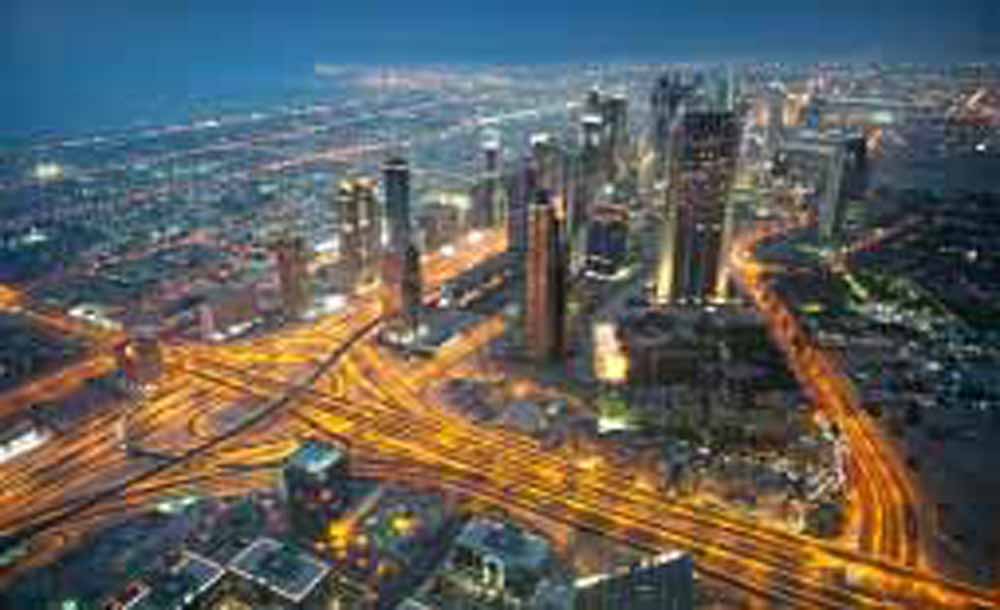UAE is top business hub
By viji Sunday, 01 November 2015 10:15 AM

1 November 2015
The growth in financial and business services, trade and logistics, and tourism activity, over the last couple of decades, has played an important role in fuelling Dubai's emergence as a global hub, showed Knight Frank in its 2015 'The Hub Report'.
The inaugural research report noted that between 2004 and 2014, manufacturing activity in the UAE increased at an annual average rate of 3.1 per cent, according to World Bank data. Even more significantly, the UAE saw cumulative growth in exports of almost 117 per cent between 2004 and 2014 - around twice as fast as Germany and Singapore.
James Lewis, head of Knight Frank Middle East, noted: "Unsurprisingly the impact on real estate has been positive, with higher levels of occupier demand being generated across the office, industrial and hospitality sectors, respectively.
Moreover the emirate has established itself as a safe, family-friendly and low tax environment - which combined with its connectivity to other global centres - has been attracting the world's growing population of high-net-worth individuals. Naturally then, demand for luxury residential property has been gathering momentum."
Turning to the financial & business services sector, the rise of Dubai International Financial Centre over the past decade has helped to extend the emirate's lead as a hub.
Looking forward, with the IMF's projections showing that the federation will grow at an average rate of 3.6 per cent annually over 2015-2020 (faster than Germany, UK, US, Hong Kong and Singapore), it is unsurprising that international businesses continue to set up shop in this market.
Moreover, the fact that the UAE is increasingly becoming an easier place to do business also helps; it has steadily been climbing up the World Bank's ranking since 2011 and placed 22nd out of 189 countries in 2015.
Dubai continues to make strides as a tourist destination and an air travel hub. Visitors to Dubai are staying longer to enjoy the city's attractions, with the average length of stay rising from 2.6 nights in 2004 to 3.8 nights in 2014. What's more, Dubai International overtook London Heathrow last year to become the world's top airport for international passenger traffic.
In the hospitality sector, the total number of keys per capita in Dubai is significantly higher compared to other selected hubs. Moreover, when looking at luxury keys per capita, the gap opens up further. Admittedly this is partly because the emirate has a much smaller population compared to other more established global cities - but also due to the significant number of hotel keys delivered since the previous downturn. This surge in new supply, coupled with a strengthening in the UAE dirham more recently, has begun to apply downward pressure on both average daily rates and occupancy.
Looking forward, forecasts from the IMF suggest that the UAE's economy will outperform the likes of the UK, US, Germany, Hong Kong and Singapore over 2015-2020. This, alongside the fact that the federation is among the easiest places to do business globally, should help to extend Dubai's lead as a financial and business services hub in the Middle East.




























Add new comment